
Microsoft extends Windows 7 support for businesses, but will punish them for taking too long to upgrade to Windows 10
The end of extended support is looming for Windows 7. Microsoft is set to stop supporting the aging OS on January 14, 2020, but is aware that many businesses may take longer than that to make the switch to Windows 10.
As a result, the company has today announced that it will offer paid Windows 7 Extended Security Updates (ESU) through to January 2023. These will be available for all Windows 7 Professional and Windows 7 Enterprise customers in Volume Licensing, and there will also be a discount available to those with Windows software assurance, Windows 10 Enterprise or Windows 10 Education subscriptions. There is a catch, however.

Windows 10 edges ever closer to overtaking Windows 7 -- could it happen this month?
Depending on which market share monitoring service you trust, Windows 10 either overtook Windows 7 back in December 2016 (Microsoft), in February this year (StatCounter), or is still trailing its predecessor, but catching up quickly (NetMarketShare).
NetMarketShare’s latest round of usage figures show Windows 10 putting on a burst of growth in August, while Windows 7 lost more users than expected in the same time frame.
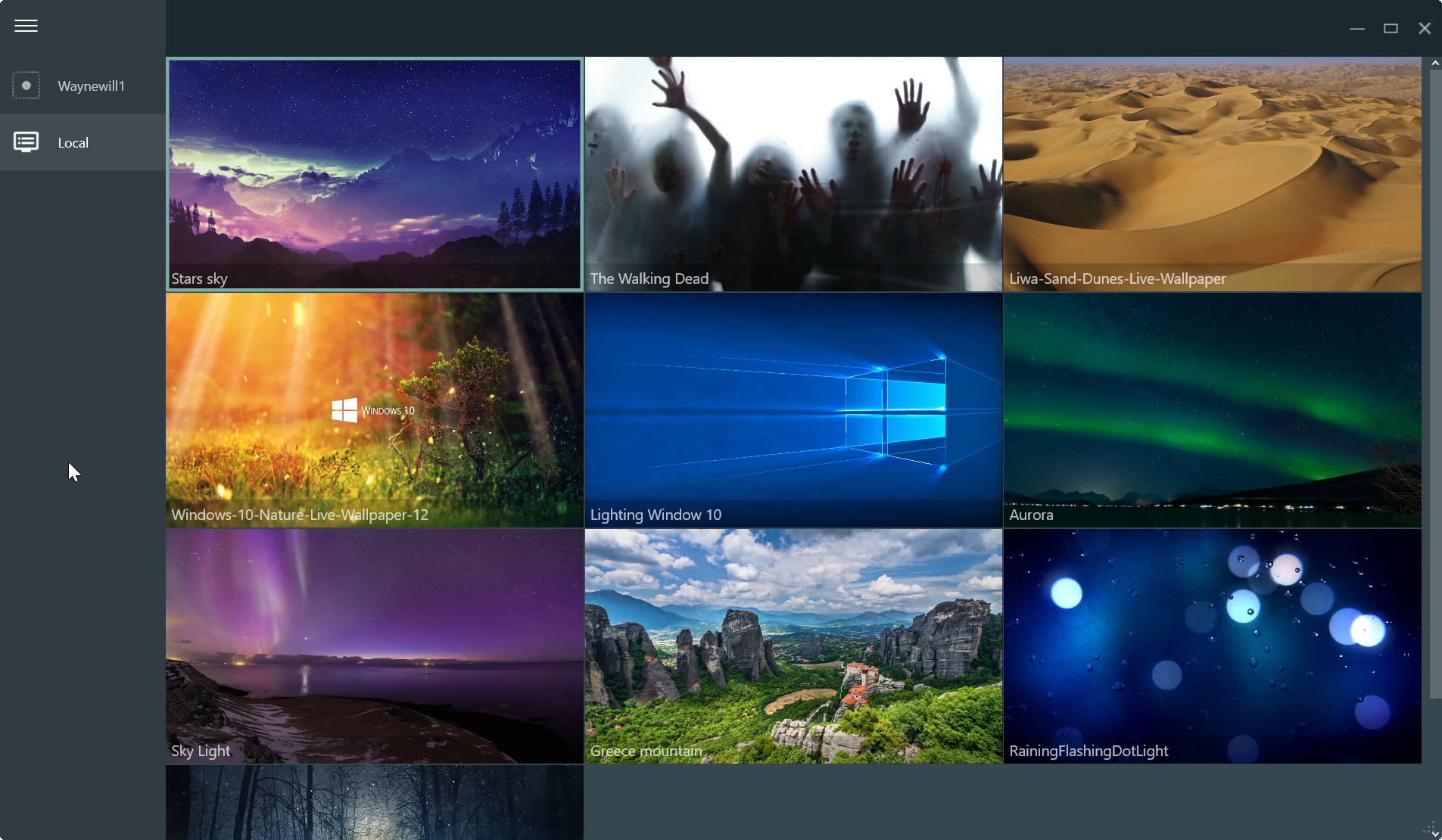
How to add amazing live wallpaper (with or without sound) to Windows, and even create your own
Windows has been capable of displaying animated wallpaper for years, and when done right the effect is nothing less than stunning.
RainWallpaper, from Deviant Art, lets you browse a large collection of live wallpapers, sorted into categories like Featured, Landscape, Animi, Game, Space, HiTech, Pet and Animal, and Plants. You can download and apply any that take your fancy, or make your own in seconds.

Windows 10 continues to close in on Windows 7, will overtake it soon
NetMarketShare reports on the state of the desktop operating system market on the first day of each month. Usually at least. It spent a few days auditing June’s figures last month, which caused a bit of a delay.
There’s no such lag for July’s figures though, which arrive on time and show Windows 10 continuing to cut into Windows 7's dominance.
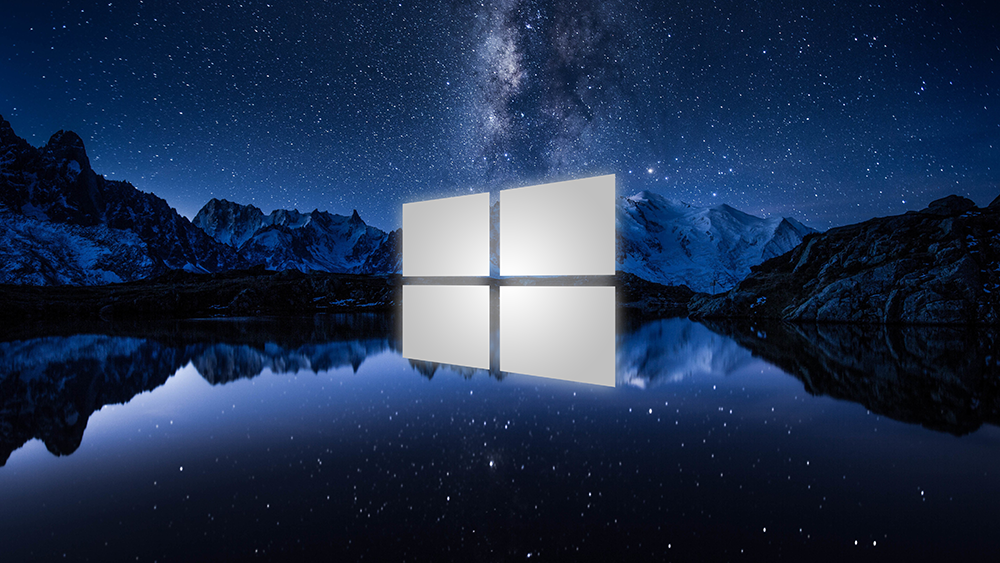
You can now download 5K wallpapers from the '2018 Editions' of Windows 7, XP and more
As you’ll know if you’re a frequent visitor to BetaNews, YouTuber Kamer Kaan Avdan has been creating some fantastic concept videos for various operating systems of the future, including Windows 11, iOS 12 and Android 9.0.
Most recently though, it’s his modernizing of Windows 7, Windows XP and Windows 95 which have really caught people's attention. If you’ve watched any of his videos, and thought how cool it would be to actually run one of those operating systems, the bad news is they remain purely concepts for now. However, you can customize your existing OS with some wallpapers from his most popular creations.
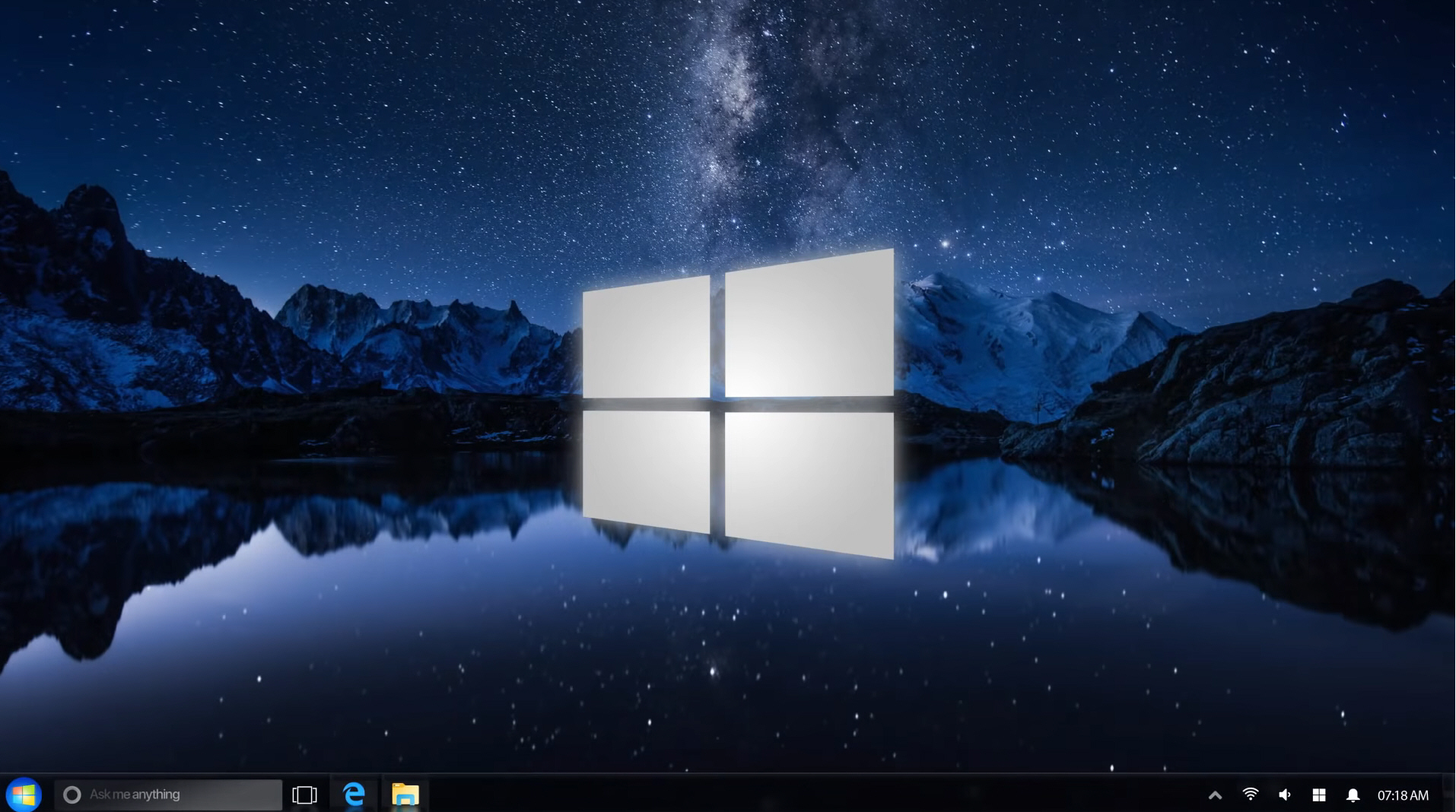
Windows 7 -- 2018 Edition is the Microsoft operating system you've been waiting for
Windows 10 is a very good operating system, but despite Microsoft initially offering it as a free upgrade, many users were reluctant to switch from Windows 7, and it’s easy to understand why. A lot of Windows 10’s big changes -- the Microsoft Store, bundled third-party apps, live tiles in the Start menu, Cortana, Bing integration, and so on -- simply weren't that appealing to users of previous versions of Windows.
Windows 7 still offers everything that most people would want from an OS, but nearly a decade on from its debut, it now looks and feels quite dated compared to its successor. But if the aging OS had a modern makeover, could it win back many of those people who have moved on to Windows 10? I suspect so. Take a look at Windows 7 -- 2018 Edition and make up your own mind.
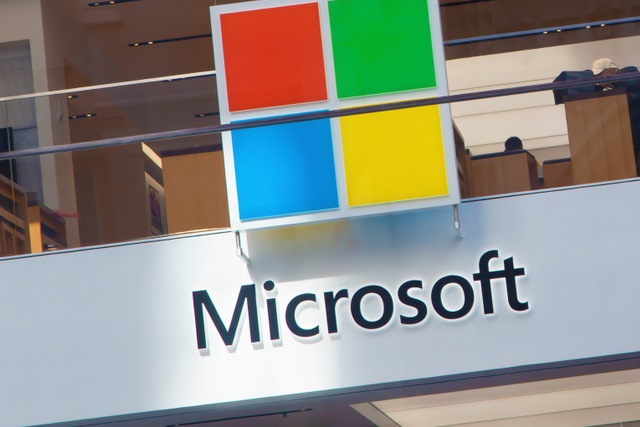
Microsoft to stop offering support for Windows 7 and Windows 8.1 in forums
Microsoft has announced that starting next month it will no longer be participating in the technical support forums for Windows 7, 8.1, 8.1 RT and numerous other products.
On the software front, the company says that it will also no longer provide support for Microsoft Security Essentials, Internet Explorer 10, Office 2010 and 2013 as of July. It is not just software that is affected. Microsoft is also stopping support for Surface Pro, Surface Pro 2, Surface RT, Surface 2, Microsoft Band and Zune. Some forums will be locked, preventing users from helping each other as well.

Exploit emerges for Microsoft's problematic Meltdown patch for Windows 7 and Server 2008
For Microsoft, the patches it produced for the Meltdown chip vulnerability proved to be just about as problematic as the original issue, further reducing the security of systems. Following the emergence of an exploit for the Windows-maker's first patch, users are advised to hurry up and install the patch-for-a-patch that was later released.
Last month, Ulf Frisk from Sweden revealed that Microsoft's Meltdown patches were making things worse for Windows 7 and Windows Server 2008, making it possible to read and write kernel memory and gain total control over the system. Now code has been posted online that can be used to exploit the "Total Meltdown" vulnerability.
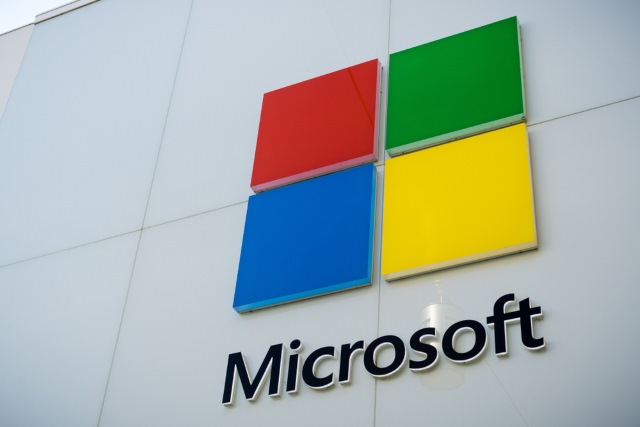
Microsoft releases update that fixes problematic Meltdown patch
As if the Meltdown and Spectre chip vulnerabilities weren't bad enough in their own right, the patches designed to fix them caused a further series of problems. A Swedish researcher recently discovered that Microsoft's Meltdown fixes lowered security in Windows 7 and Windows Server 2008 R2, and now the company has issued a fix.
As the new patch is being released outside of the usual schedule, it is indicative of the importance of the security update. KB4100480 is a kernel update for Windows 7 Service Pack 1 and Windows Server 2008 R2 Service Pack 1 that addresses CVE-2018-1038 problems.
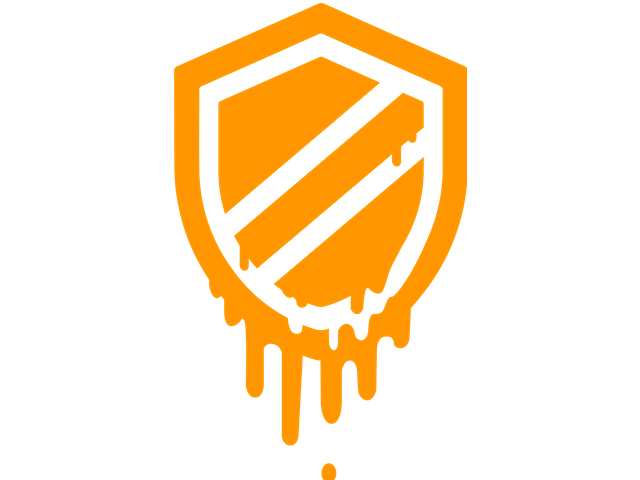
Meltdown patches from Microsoft made Windows 7 and Windows Server 2008 less secure
If you're running Windows 7 and you've not yet installed the March updates, now is very much the time to do so. It turns out that the Meltdown patches released in January and February actually opened up a security hole in both Windows 7 and Windows Server 2008 R2.
A Swedish security researcher found that the patches changed access permissions for kernel memory, making it possible for anyone to read from and write to user processes, gain admin rights and modify data in memory.

Microsoft admits Windows 10 didn't overtake Windows 7 when it originally claimed
If you want to know how well Windows 10 is doing in terms of share, you have a number of choices. You can view the figures from StatCounter, which show Windows 10 now ahead of Windows 7, or you can view the figures from NetMarketShare, which show Windows 7 still comfortably in the lead.
You can also look at the figures from Steam, which show the gamer’s perspective, but recently that has been skewed with a large influx of Chinese gamers using Windows 7. Microsoft used to offer its own figures, but stopped updating those in February 2017. However, after a year, it has finally updated its Windows trends page once more, providing an up to date breakdown of Windows market share.
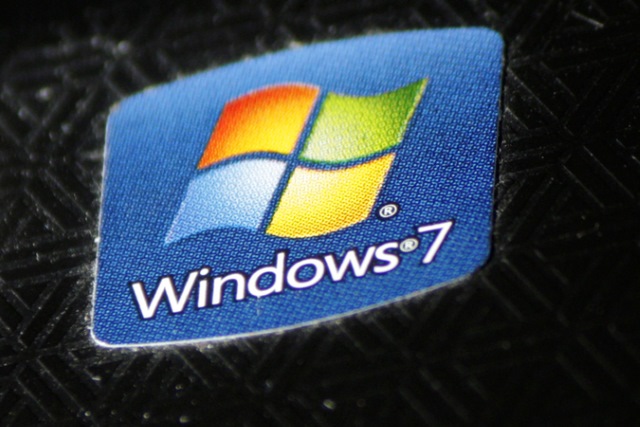
Force Windows 7 security updates even if you don't have antivirus software installed
Compatibility issues with patches for the Meltdown and Spectre vulnerabilities saw Microsoft blocking the rollout of security updates to Windows users. The company has just changed its policy for Windows 10 users, but this does not help anyone running Windows 7 or 8.x.
The problem is that updates are blocked for people who have not installed antivirus software known to be fully compatible. When such software is installed, a registry entry is created, and this allows updates to be installed. If you've decided to run the risk of operating without antivirus software installed, this registry won't be created and you won't receive security updates. Unless you hack it, that is.

StatCounter: Windows 10 continues its meteoric climb
While NetMarketShare has Windows 10 stumbling backwards in February, StatCounter shows the opposite. Rather than the new OS losing share, the Irish analyst firm has Windows 10 shooting upwards, past Windows 7.
That’s good news for Microsoft as it would have been rather embarrassing if Windows 7 had reclaimed the crown after only one month.

NetMarketShare: Windows 10 lost share last month
Depending on which analyst firm you believe, Windows 10 either finally overtook Windows 7 in January (StatCounter), or it simply narrowed the gap a little more (NetMarketShare).
If you were expecting NetMarketShare’s latest figures to show Windows 10 besting Windows 7 there as well this month, you are in for a nasty surprise as its numbers for February have the OS slipping into reverse gear and actually losing share.

Just one percent of NHS trusts have migrated to Windows 10
Last year, the UK’s National Health Service was hit hard by the WannaCry/WannaCrypt ransomware attack that went on to infect computers around the world. The attack was so bad that Microsoft took the unprecedented step of patching Windows XP to try and stem the spread of the problem.
While it first believed that NHS computers running XP were the source of the issue, it turned out to be Windows 7 systems that were mostly to blame. PCs running Windows 10 were immune from the attack. You would have thought, having been through such a terrible experience, that the NHS would have taken steps to prevent it happening again, but it seems not.
